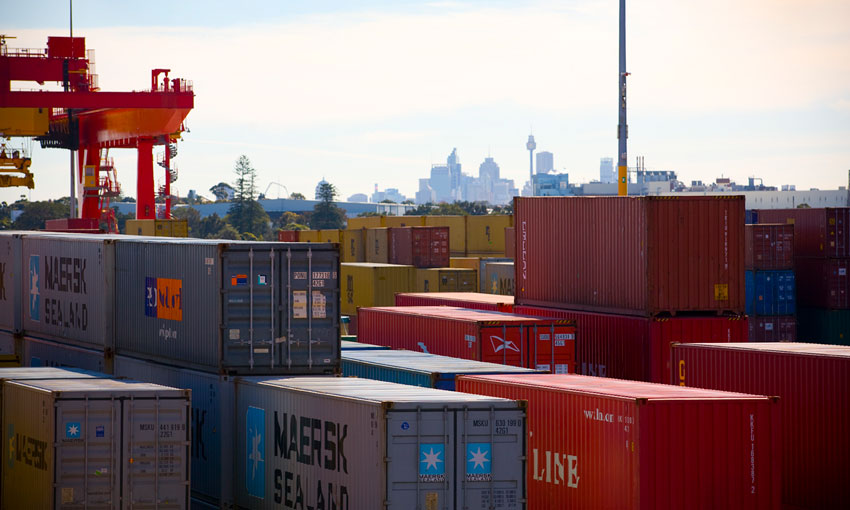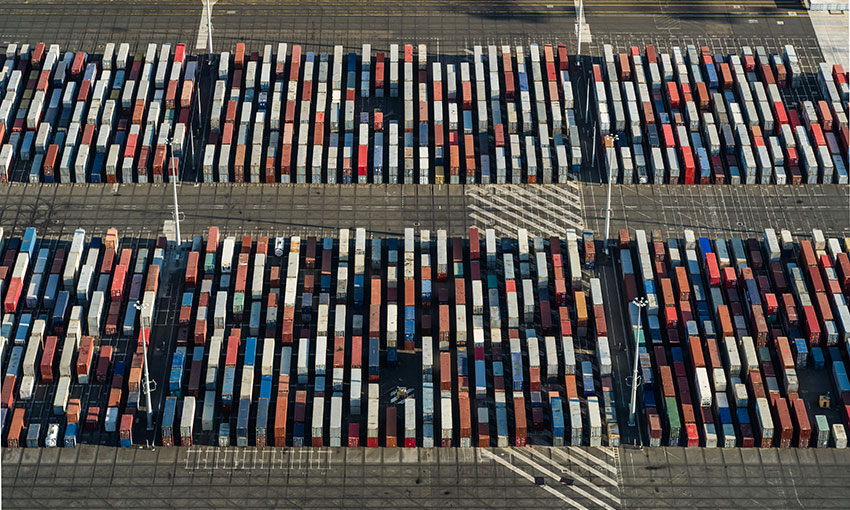THE retain-and-manage industrial land policy in greater Sydney has functioned as intended, but there are areas in need of refinement, according to the Greater Cities Commission’s Industrial Lands ‘Retain and Manage’ Policy Review, released on 30 June.
The retain-and-manage policy refers to the idea that all remaining industrial and urban services land (including freight areas) should be safeguarded from being used as residential and mixed-use land.
The Greater Cities Commission’s review, which was carried out over the past year, found that the retain-and-manage policy had provided certainty and a “clear market signal” for councils and landowners to invest in industrial developments. The policy also reduced unproductive land speculation that goes against the strategic vision for greater Sydney.
However, the report found a need to refine the policy by providing greater clarity as to what the term “manage” means.
The Australian Logistics Council welcomed the findings of the review.
In a submission to the review in 2021, ALC called for the retain and manage policy to be preserved to protect industrial lands in greater Sydney to ensure adequate room to move as the freight task grows.
NSW Ports has welcomed the GCC’s recommendation to safeguard industrial lands in its review.
NSW Ports CEO Marika Calfas said the preservation of Sydney’s industrial lands is essential to greater Sydney’s productivity and prosperity for generations to come.
“These lands are vital to the state’s supply chains and enable the efficient delivery of the goods required by the people and businesses of NSW from Port Botany,” she said.
“The NSW community relies heavily on the availability of good quality industrial land supply within its population centres to keep supply chain costs low and businesses competitive.”
Ms Calfas said the GCC’s protections are important, as the years preceding this policy saw significant erosion of Sydney’s industrial lands due to residential and commercial development.
Ms Calfas said NSW’s freight task continues to grow alongside its population and e-commerce trade.
“Further loss of industrial land will increase costs to consumers and businesses through increased travel distances, also adding to road congestion, environmental impacts and the need for new road capacity investment,” Ms Calfas said.
“At a time when supply chain constraints and cost of living pressures are front of mind for every Australian, we are pleased that the commission has recommended to retain protections for industrial lands.
“We call on the NSW government, government departments and local councils to adopt the GCC’s recommendation, which will ensure NSW can continue to be an economic powerhouse that attracts business and serves its communities.
“This fantastic outcome will ensure our ports and the broader industry can meet future business and population growth needs while helping to mitigate cost of living pressures for people right across the state.”
ALC CEO Brad Williams said the key outcomes of the review, which noted the need to protect industrial land, meant the policy would continue to apply and maintain protections of critical industrial land that is key to the future of the supply chain.
“ALC welcomes the findings of the review and urges all levels of government to work together to ensure they are implemented going forward,” Mr Williams said.
“We are confident the findings of the review, to maintain and strengthen the ‘retain and manage’ policy will deliver the right outcomes for industry, the economy and the greater Sydney community.”
Mr Williams said ALC supports appropriate land use planning protections to preserve key freight and industrial lands and the commission’s draft guiding principles to support and strengthen the policy are encouraging.
“In our submission to the review, ALC noted that encroachment of residential and other sensitive uses on industrial lands has given rise to restrictions on freight and logistics operators,” he said.
“These include curfews, truck limits, restricted roads, increased road congestion and increasing the tyranny of distance – all of which only serve to put greater cost pressures on the industry and subsequently, consumers,” Mr Williams said.





